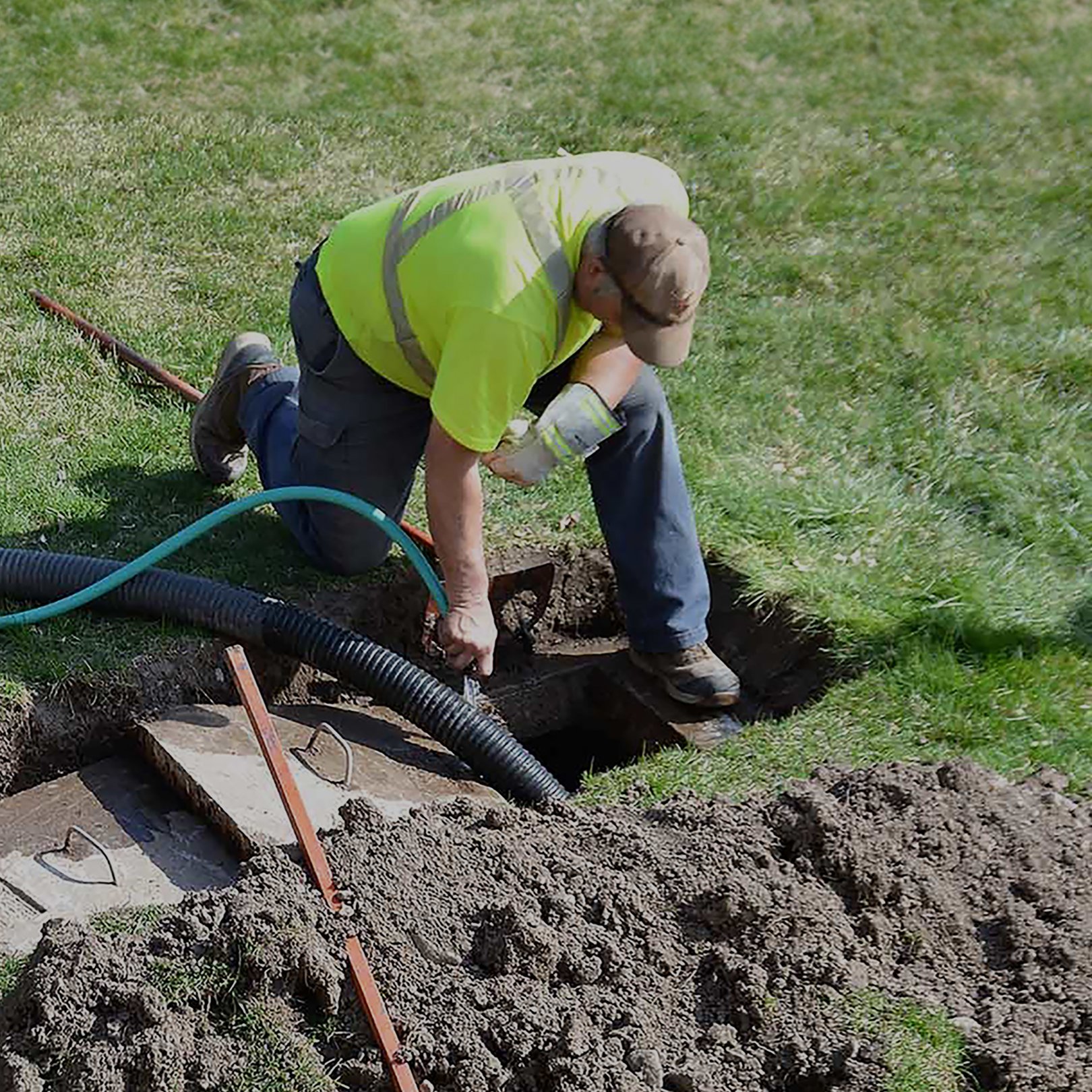
Septic Systems & Maintenance
As a Massachusetts homeowner, it’s vital to make sure that the health and compliance of your septic system is well maintained.
The design and size of a septic system can vary widely, from within your neighborhood to across the country, due to a combination of factors. These factors include household size, soil type, site slope, lot size, proximity to sensitive water bodies, weather conditions, or even local regulations.
SIGNS OF SEPTIC FAILURE
Slow Drains and Backups
If your sinks, toilets, or drains take too long to drain or have frequent backups it could be an indicator of septic issues. Blockages could be due to clogged pipes or an obsolete tank failing.
Unpleasant Odors
Any unpleasant odors near the drain field and/or septic tanks could be an indicator that your system is malfunctioning, possibly due to seepage/backup of waste products from sewage system seepage or backup.
Standing Water
Puddles in your yard could be an indicator of an undiagnosed drain system or septic tanks which cannot properly process and distribute waste water.
Plant and Grass Growth
Contrary to what may seem logical, an increase in plant or grass growth near a drainfield could signal systemic failure. Excess nutrients found in wastewater act like fertilizer to promote this kind of growth.


